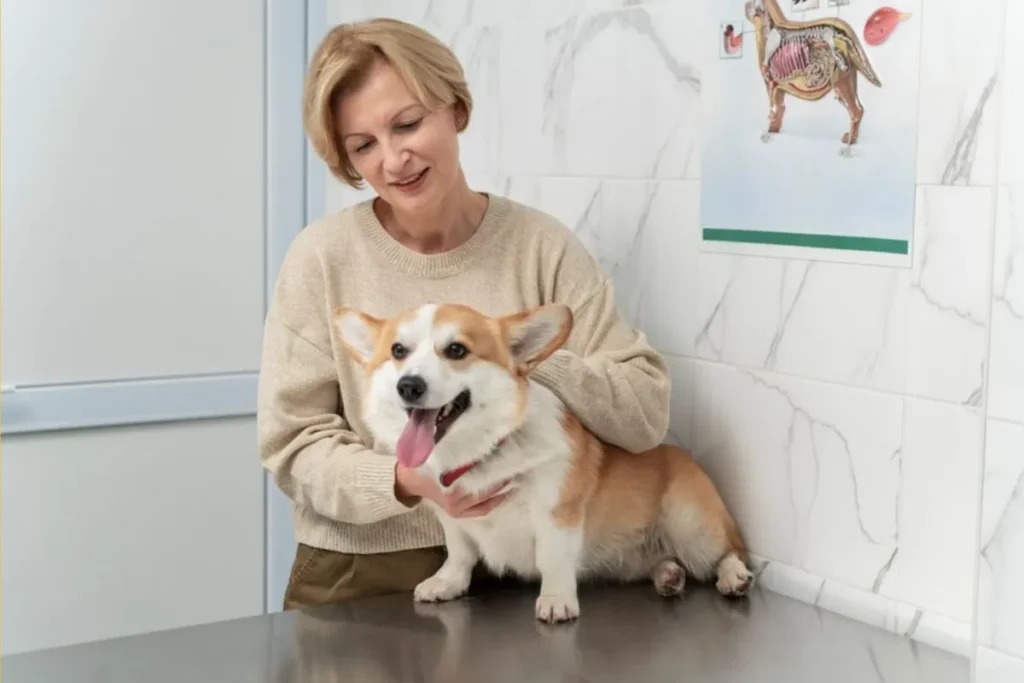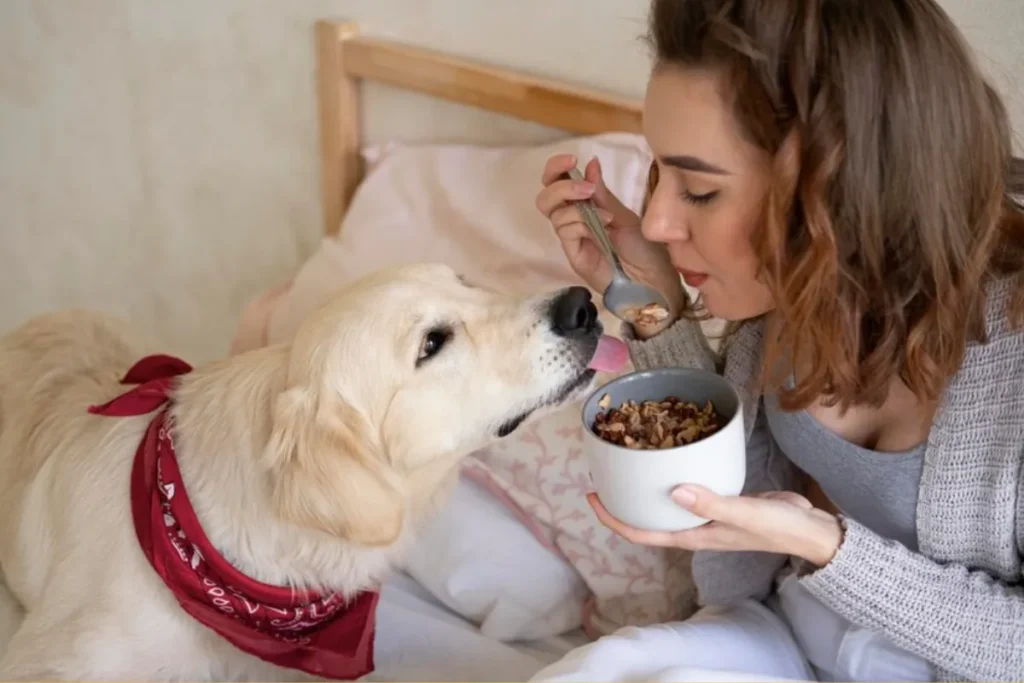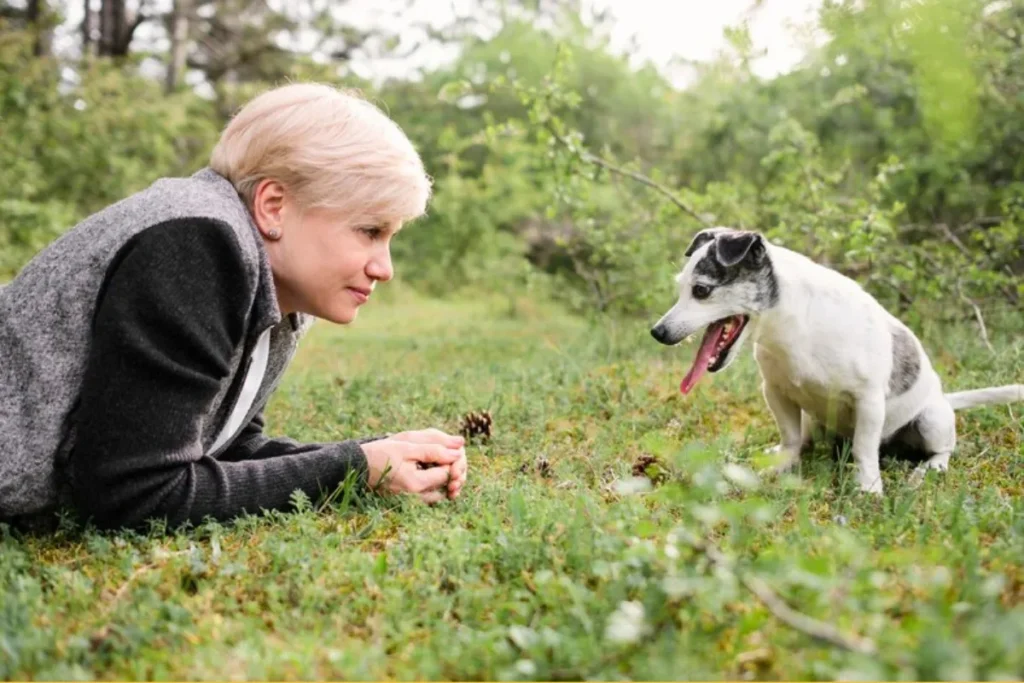As our beloved dogs age, their dietary needs change significantly.
Senior dogs require a balanced diet that supports their aging bodies, maintains their energy levels, and prevents age-related health issues.
Understanding these dietary needs and making informed choices can improve your senior dog’s quality of life and longevity.
This article delves into the best diets for senior dogs, supported by expert opinions from veterinarians.
Understanding the Nutritional Needs of Senior Dogs
Senior dogs, typically considered those over the age of seven, have unique nutritional requirements.
As dogs age, they experience changes in metabolism, energy levels, and organ function.
Here are some key factors to consider when choosing a diet for your senior dog:
Caloric Intake
Older dogs tend to be less active, which means they require fewer calories to maintain a healthy weight.
Excess calories can lead to obesity, exacerbating other health issues like arthritis, diabetes, and heart disease.
Protein Needs
Protein is crucial for maintaining muscle mass and supporting organ function.
Senior dogs often need higher quality protein sources to ensure they get sufficient amino acids for their aging bodies.
Fat Content
While senior dogs need fewer calories, they still require healthy fats for energy and to support skin and coat health.
However, too much fat can contribute to weight gain and pancreatitis.
Fiber and Digestibility
Higher fiber content can help with gastrointestinal health and regularity.
Additionally, easily digestible ingredients are essential as older dogs may have more sensitive digestive systems.
Vitamins and Minerals
Essential vitamins and minerals support immune function, bone health, and overall well-being.
Antioxidants, such as vitamins E and C, can help combat the effects of aging and support cognitive function.
Top Diets for Senior Dogs

Based on veterinarian recommendations, here are some of the best diets for senior dogs, tailored to meet their specific nutritional needs:
1. Hill’s Science Diet Adult 7+ Senior Dog Food
Hill’s Science Diet is a veterinarian-recommended brand known for its high-quality ingredients and balanced nutrition.
The Adult 7+ Senior Dog Food is formulated to support the aging process with:
High-quality protein: Supports lean muscle maintenance.
Balanced minerals: Promotes heart and kidney health.
Omega-6 fatty acids and vitamin E: Enhance skin and coat health.
Antioxidants: Support immune function.
2. Royal Canin Size Health Nutrition Medium Aging 10+ Dry Dog Food

Royal Canin is renowned for its breed-specific and age-specific formulas.
The Medium Aging 10+ formula is designed for older medium-sized dogs, featuring:
Adapted phosphorus content: Supports kidney health.
EPA and DHA: Maintain joint health and cognitive function.
Balanced fiber blend: Aids in digestive health.
Antioxidants: Combat oxidative stress.
3. Blue Buffalo Life Protection Formula Senior Dog Food

Blue Buffalo emphasizes natural ingredients and holistic nutrition.
The Life Protection Formula Senior Dog Food offers:
High-quality protein from chicken: Supports muscle maintenance.
Glucosamine and chondroitin: Promote joint health and mobility.
Omega-3 and omega-6 fatty acids: Improve skin and coat health.
Antioxidant-rich ingredients: Support immune health.
4. Nutro Ultra Senior Dry Dog Food

Nutro Ultra is known for its premium ingredients and nutrient-rich formulas.
The Ultra Senior Dry Dog Food provides:
Trio of proteins (chicken, lamb, and salmon): Ensures muscle maintenance and palatability.
Superfoods blend: Includes ingredients like blueberries, chia seeds, and kale for antioxidant support.
Glucosamine and chondroitin: Support joint health.
Tailored nutrient profile: Meets the needs of aging dogs.
5. Purina Pro Plan Bright Mind Adult 7+ Senior Dog Food

Purina Pro Plan’s Bright Mind formula is specifically designed to support cognitive function in senior dogs. Key features include:
Enhanced botanical oils: Promote alertness and mental sharpness.
High-quality protein: Maintains muscle mass.
Omega-3 fatty acids: Support joint health.
Antioxidants: Strengthen the immune system.
Homemade Diets for Senior Dogs
For dog owners who prefer homemade diets, it is crucial to consult with a veterinarian or a pet nutritionist to ensure the diet is well-balanced and meets all of the senior dog’s nutritional needs.
Here are some guidelines for preparing a homemade diet for senior dogs:
High-Quality Protein
Include lean meats like chicken, turkey, or fish.
Ensure the protein is easily digestible and of high quality to support muscle maintenance and organ function.
Healthy Carbohydrates
Incorporate complex carbohydrates such as brown rice, sweet potatoes, and oats.
These provide sustained energy and help maintain blood sugar levels.
Vegetables and Fruits
Add vegetables like carrots, peas, and spinach, and fruits like blueberries and apples.
These provide essential vitamins, minerals, and antioxidants.
Healthy Fats
Include sources of healthy fats such as fish oil, flaxseed oil, or olive oil.
These support skin and coat health and provide essential fatty acids.
Supplements
Consider adding supplements like glucosamine and chondroitin for joint health, probiotics for digestive health, and additional vitamins and minerals as needed.
Special Considerations for Senior Dogs with Health Issues
Many senior dogs face specific health issues that require tailored diets.
Here are some common conditions and dietary recommendations:
Arthritis and Joint Health
Dogs with arthritis benefit from diets rich in omega-3 fatty acids, glucosamine, and chondroitin.
These nutrients help reduce inflammation and support joint health.
Kidney Disease
For dogs with kidney disease, diets with lower protein and phosphorus levels are essential to reduce the workload on the kidneys.
Specialized veterinary diets are often recommended.
Diabetes
Diabetic dogs require diets with consistent, controlled carbohydrate levels to maintain stable blood sugar levels.
High-fiber diets can also help manage blood glucose levels.
Heart Disease
Dogs with heart disease benefit from diets low in sodium to prevent fluid retention.
Essential fatty acids, like those from fish oil, can support heart health.
Cognitive Decline
To support cognitive function, look for diets with antioxidants, omega-3 fatty acids, and enhanced botanical oils.
These ingredients help maintain brain health and improve alertness.
The Role of Regular Veterinary Check-Ups

Regular veterinary check-ups are crucial for senior dogs.
These visits allow veterinarians to monitor your dog’s health, make dietary recommendations, and adjust feeding plans as needed.
Blood tests, weight checks, and physical exams help detect any health issues early, ensuring timely intervention and dietary adjustments.
Transitioning to a Senior Diet
Transitioning your dog to a senior diet should be done gradually to avoid gastrointestinal upset. Here’s a step-by-step guide:
Mix the new food with the old food: Start by adding a small amount of the new food to your dog’s current diet.
Increase the proportion: Gradually increase the amount of the new food while decreasing the old food over 7-10 days.
Monitor your dog: Watch for any signs of digestive upset, such as vomiting or diarrhea. If issues arise, slow the transition process.
Full transition: After 7-10 days, your dog should be fully transitioned to the new senior diet.
Importance of Hydration
Hydration is critical for senior dogs, as they may be more prone to dehydration due to decreased kidney function or reduced water intake.
Ensure your dog has access to fresh, clean water at all times.
Wet or canned foods can also help increase water intake, providing additional hydration.
Final Thoughts
Choosing the best diet for your senior dog is a crucial aspect of their overall care.
A balanced, nutrient-rich diet tailored to their specific needs can enhance their quality of life, support their health, and prolong their lifespan.
Always consult with your veterinarian to determine the best dietary plan for your senior dog, considering any underlying health conditions and their unique nutritional requirements.
By understanding the importance of proper nutrition and making informed choices, you can ensure that your senior dog enjoys a healthy, happy, and active life in their golden years.
FAQs
What are the signs that my dog needs a senior diet?
Signs include weight gain or loss, decreased energy levels, joint stiffness, and changes in digestion. Consult with your veterinarian to determine the best time to switch to a senior diet.
How often should I feed my senior dog?
Senior dogs typically do well with two meals per day. However, feeding frequency can vary based on individual needs and health conditions.
Are there specific ingredients to avoid in senior dog diets?
Avoid artificial preservatives, colors, and flavors. Also, be cautious with high-fat and high-sodium ingredients, especially if your dog has underlying health conditions.
Can I give my senior dog supplements?
Supplements like glucosamine, chondroitin, and fish oil can be beneficial for senior dogs. Always consult your veterinarian before adding any supplements to your dog’s diet.
Is wet food better for senior dogs than dry food?
Wet food can be easier to chew and digest, providing additional hydration. However, dry food is also beneficial for dental health. A combination or specific recommendations should be discussed with your veterinarian.

